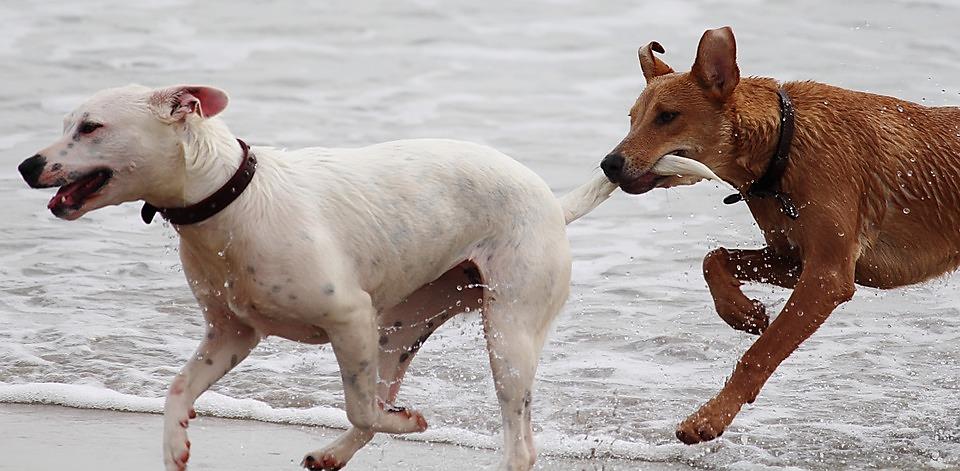A ways back, I should cocoa (I did) – I presented the first in a series of two blogs about *points to headline*. Recently, I went back to that blog and realised that it was a Part I, which meant, at the very least, a second instalment was needed. So, without further ado, I present more witticisms to try out on your nearest and dearest:
Dressed to the nines*
Some think this refers to the 99th Regiment of Foot, whose uniforms were notably splendid, but the expression predates the British army. In Old English, the plural of ‘eye’ was ‘eyne’ and it is believed that ‘dressed to the nines’ was once actually ‘dressed to the eyne’ – in other words, making oneself look as pleasing as possible to the beholder.
Nickname
This comes from the old word eke, which meant ‘also’. If a person had an additional name, it was called an ‘eke name’. Over time, this gradually became a ‘neke name’ and then eventually a nickname.
Posh
For many years it was believed that ‘posh’ was an abbreviation for ‘port out, starboard home’ (say whaaaat?) – the preference of wealthy passengers on the voyage to India, as it meant a cooler cabin. This explanation is now discredited in favour of an older word poosh, sometimes spelled ‘push’, which meant smart and dandified. PG Wodehouse uses it in an early story from Tales of St Austin’s (1903) when a character describes a bright waistcoat as ‘quite the most push thing at Cambridge.
(In) fine fettle
‘Fetel’ is an Old English word for girdle, so when you were dressed in your best clothes and belt, you were ‘in fine fetel’. From there, the word developed an association with tidying up other things – such as cleaning off stray fragments that stuck to iron castings or china mouldings. When the process was finished, the piece had been ‘fettled’.
Hair of the dog
This one is surprisingly literal. In ancient times, if you were bitten by a dog you were quite likely to pluck some of its hairs and put them into a poultice to cure the wound. By the middle of the 1500s, this concept had been extended to the belief that a hangover could be cured by drinking more the next morning. Both practices spring from the belief that like cures like – similar to the basis of homeopathy today.
*excerpts from an article at the online Express

